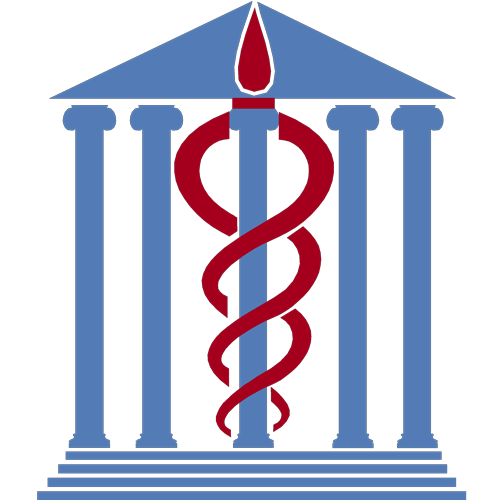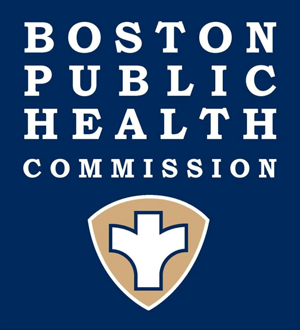Public Resources
Public Resources
Recovery Planning for Public Health and Healthcare: Turning Guidance into Actionable Plans
Abstract | Presenter Information | Presentation Materials
Abstract[edit]
When disaster hits, we immediately activate response plans to meet the needs of the community. From the first day, we also need to take steps to ensure that we can “build back better.” This is the challenge in recovery planning. How can we re-establishing vital services to the community while also improving organizational and community resilience? In the absence of pre-disaster recovery planning to establish partnerships, roles, and key priorities, public health and healthcare recovery can be slow to start, and limited in overall impact.
Most public health and healthcare institutions have comprehensive and tested response plans. A robust recovery plan links to and complements existing response and mitigation plans. Recovery planning can and should be woven into current plans and benefit from existing partnerships.
The DelValle Institute for Emergency Preparedness has designed a multi-session, interdisciplinary course focusing on long-term recovery planning, both at an organizational and system level. The goal of this course is for learners to recognize their role in recovery planning, both within their organization and as a part of the larger public health and healthcare system, and to take initial steps to incorporate recovering planning into their existing emergency plans using scalable frameworks and planning tools.
This session provided an overview of the recovery planning process, and highlighted key planning activities for public health and healthcare organizations. Participants of this session left with foundational information and best practices in recovery planning to enhance their recovery plans and improve essential partnerships in recovery planning. Session attendees gained access to the recovery planning guidance and tools used in this course.
Learning Objectives
- Describe emerging practices and theories that can be applied to improve community preparedness and community resilience at the local, state, tribal, and national levels.
- Discuss the recovery planning process including key activities, based on federal guidance and selected research reports.
- Access key resources and tools to carry out recovery planning for their own organizations and communities.
Presenters[edit]
Mea Allen, MA, M.Ed.
Associate Director for Education & Training
Stacey Kokaram, MPH
Director, Office of Public Health Preparedness
Ashley Miller, MPH
Senior Program Manager for Instructional Design

